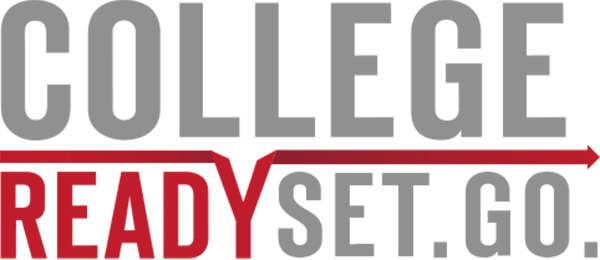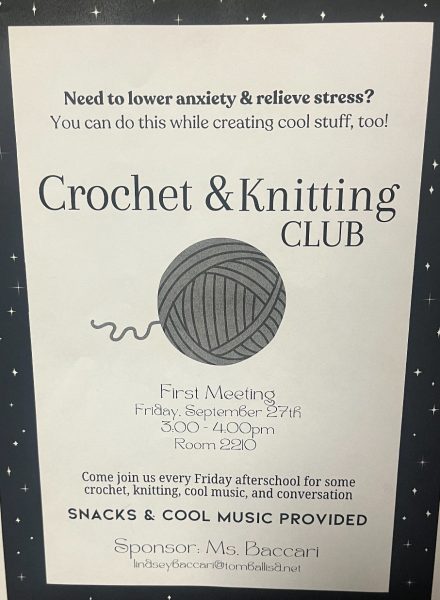What YOU need to do to prep for college

Freshmen:
- Meet with your counselor
Freshman should meet with their counselors to plan out their four years of High School and develop a firm foundation towards College.
- Immerse yourself in extracurricular activities
Getting involved in outside activities freshman year will make your college application stand out. Whether it’s getting a job, joining a club, or helping out in the community, being a part of something shows that you can handle more than homework.
- Begin to think about Advanced Placement Courses
Ask your guidance counselor or teachers what Advanced Placement courses are available, whether you are eligible, and how to enroll in them. (https://apstudent.collegeboard.org/apcourse)
Sophomores:
- Start researching colleges
Going online can be a helpful tool, with websites such as Cappex (https://www.cappex.com/) and Chegg (https://www.chegg.com/schools). These websites will match you with a college that will best fit your interests and goals. YOUniversityTV (http://www.youniversitytv.com/) also offers tons of online tours of schools throughout the country.
- Take the PSAT in October
The Pre-SAT is typically for juniors, but plenty of sophomores also take it. The PSAT can provide students with an idea of how they might do on the SAT, giving plenty of time to fix/improve weaknesses.
- Keep up the extracurricular activities
Colleges care about what a student does outside the classroom: It’s not the number of activities, but rather the quality. Students should devote time, from freshman year onward, to activities that they actually care about. Sophomore year is a great time to really get involved in one or two activities.
- Read, read, and read some more
Being a strong reader makes it easier to perform well in college as well as the work force. Reading may also lead to higher scores on the SAT. After all, reading comprehension is not something students can cram for in the weeks leading up to the test.
Juniors
- Take the PSAT
The PSAT can provide students with an idea of how they might do on the SAT, giving plenty of time to fix/improve weaknesses.
- Meet with your counselor
It is extremely important to review your courses for this year, plan for senior year, and discuss college options.
- Maintain a portfolio of achievements and awards
Have all of your high school accolades in one, organized place so that it is easy to access when college application time rolls around.
- Consider taking advanced or AP courses
Taking an advanced/AP class helps your GPA while providing college credit. Universities also like to see when you challenge yourself with a difficult course.
- Attend college fairs, or contact colleges and request information
It is important to have an idea of possible colleges you want to attend before you actually apply. College fairs are frequent, and you can find information on when those take place by accessing your Naviance account. Through Naviance, you can also request information booklets from colleges or universities. You can also do this through a university’s website. (Naviance password: naviance)
- Prepare for and take the SAT and ACT
The old SAT is being offered in October, November, December, and for the last time in January. To sign up for the old test, visit www.sat.collegeboard.org. The new test is available starting in March. To register for that test, visit www.account.collegeboard.org.
- Begin thinking about teachers and others you might ask for letters of recommendation
Letters of recommendation are EXTREMELY important! Colleges like to see letters from math or English teachers, but that doesn’t mean that you can only get letters from those people. You can (and should) also get letters from people that know you personally and can speak highly on your behalf. For example, if you volunteer at a community garden every week, ask the garden adviser for a letter.
- Take the TOEFL (Test of English as a Foreign Language) if English is not your first language
To register for this test, visit www.ets.org.
- Use school breaks to visit college campuses and take tours
You can sign up online to schedule visits. Just go to the university website, and it will direct you to where you can register. College visits do not affect exemption eligibility.
- Maintain attendance, grades, community service, extracurricular activities and/or a job
Colleges care about what a student does outside the classroom: It’s not the number of activities, but rather the quality. Students should devote time, from freshman year onward, to activities that they actually care about.
Seniors
- Keep working hard and maintain your grades
Colleges do care about your grades and course load throughout your senior year. They want to see that you challenged yourself and didn’t slack-off at the end of your high school career.
- Take the SAT or ACT if you haven’t done so
The old SAT is being offered in October, November, December, and for the last time in January. To sign up for the old test, visit www.sat.collegeboard.org.
- Finalize your number of preferred schools and visit any colleges you still want to see
Visit any schools that are on your list that you have not visited. You can sign up online to schedule visits. Just go to the university website, and it will direct you to where you can register. College visits do not affect exemption eligibility.
- Prepare applications
Write your essays, ask teachers to write recommendations, and watch deadlines! It is also important to make sure you fill out all part of the application. Don’t forget about submitting SAT and ACT scores!
- Research scholarships
See your counselor for scholarship forms, download them from the internet, or apply online. For easy access to a list of available scholarships, you can login to your Naviance account, go to the top menu bar and click ‘Colleges‘, and from there scroll down to ‘Scholarships and Money.’
- Watch in the mail for acceptance letters
If you are admitted to more than one school, decide which one is best for you. Pay close attention to deadlines. Also, watch for information in the mail about orientation, summer academic programs, and other information that will help your transition to a university.
Congratulations!
Your donation will support the student journalists of Tomball High School. Your contribution will allow us to purchase equipment and cover our annual website hosting costs.








